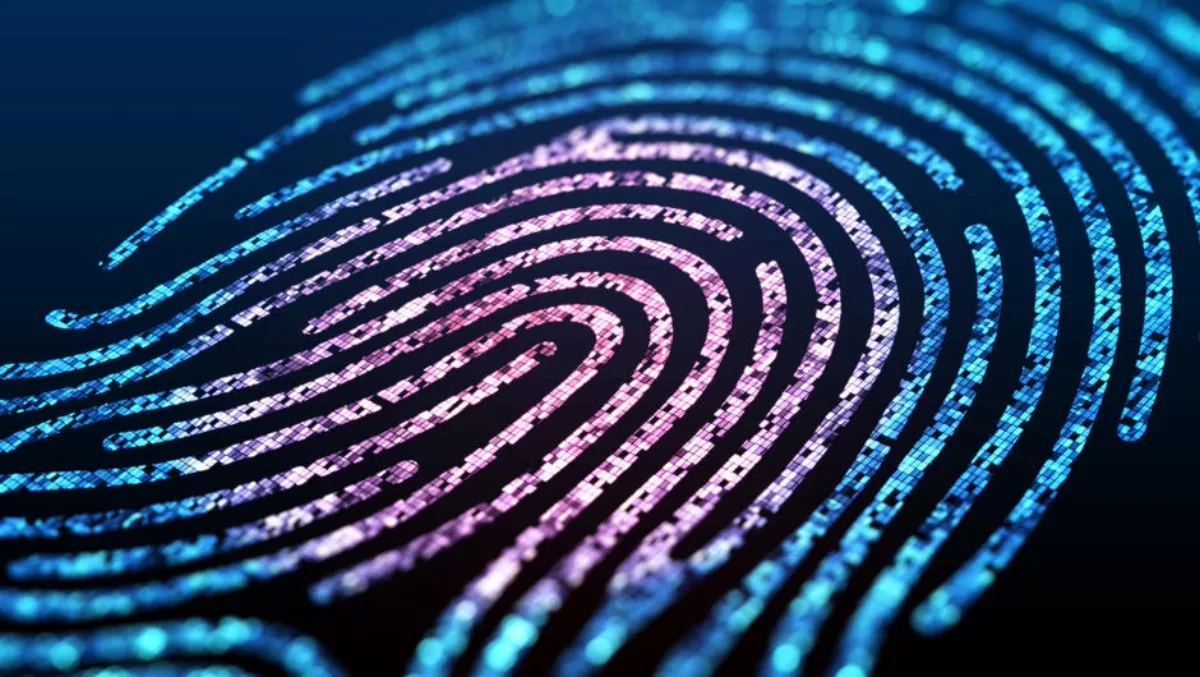
Visa carves out security roadmap for consumer payment technologies
New research by Visa says that the payments industry is embracing the future of consumer technologies like biometrics, as New Zealand consumers leave older technologies like PINs and passwords behind.
In October 2017 Visa conducted a study of 500 New Zealand adult consumers and found that 88% would like to use biometrics to authenticate payments.
Biometrics technologies include fingerprints, voice, retina, and face scans for authenticating payments made via a mobile or wearable device.
Kiwis believe that the top benefit of using biometrics is that they don't need to remember their password or PIN – the research found that only 29% of respondents still use a unique PIN or password.
Visa has released its Future of Security Roadmap that sets the standards of New Zealand payments security from 2018 to 2020 and beyond.
The roadmap focuses on four strategic pillars: Devaluing data to make stolen account details useless; protecting data through the use of safeguards; harnessing data to identify potential fraud; and empowering everyone including account holders, third party providers and merchants to play an active role in securing payments.
"Everyone has a role to play in protecting New Zealand consumers and businesses from breaches of any kind. Technology has enabled truly seamless commerce, but it has also brought unique risks," says Visa's country manager for New Zealand and South Pacific, Marty Kerr.
"To stay ahead of fraud, we need to work together to fight fraud with the full force of our collective expertise.
Visa says the roadmap has five initiatives to ensure secure evolves at the same pace as innovation.
The initiatives include:
- biometrics - tokenisation, a process which removes sensitive data from the payments ecosystem and replaces it with a unique digital identifier (a 'token') - 3-D Secure 2.0, an eCommerce authentication and fraud detection tool - minimum standards for payments innovation - a goal to achieve 100% EMV chip acceptance, meaning every consumer and merchant can benefit from the security layers provided by this technology.
"For the first time, our biometrics authentication standards effectively substitute the need for a PIN on purchases over $80," Kerr says.
The biometrics initiative sets standards that, once met by device manufacturers, enable biometrics to be used as the primary form of authentication at the point of sale.
"This means that if a device meets Visa's new standards, we believe its biometrics reader is as secure as entering a PIN on a merchant's terminal," Kerr continues.
Kerr notes that five years ago that the 'rarity' of PINs would have been unbelievable – but now Kiwis are demanding more innovative ways to pay.


